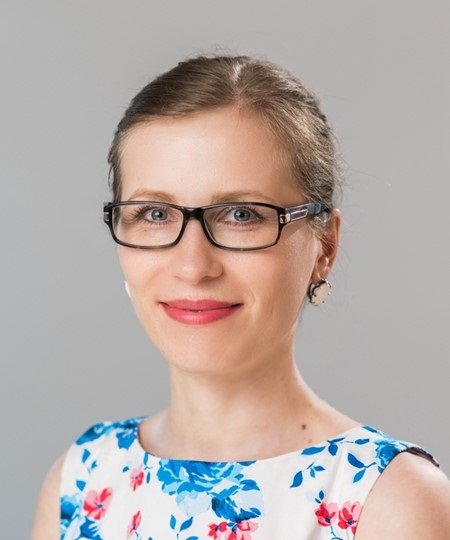Energy Seminar – Week 1 MT24: Catastrophe or hope — which stories should we tell to motivate domestic energy retrofit?
Dr Yekatherina Bobrova, John Doggart
- Start Tuesday 15 Oct 2024 5:00pm
- Finish Tuesday 15 Oct 2024 6:30pm
- Venue Dyson Perrins Building
- Postcode OX1 3AN
- Download event slides - PDF (3.17 MB)
- Watch seminar recording (external site)

THIS IS AN IN PERSON AND ONLINE EVENT – hosted by Tina Fawcett
Summary: Powerful narratives are increasingly seen as a key enabler to encourage societal transformation and break away from established values, norms and status quo. Which stories should we tell? The ones that emphasise the extent of the catastrophe in progress, in order to shift people’s priorities and facilitate action? Or the ones of hope, in order to give people means to deal with the catastrophe? We will present the arguments for both approaches and argue that we need both approaches in sequence. This session illustrates this two-parter solution on the example of motivating domestic energy retrofit. First, John Doggart will emphasis a huge problem and put forward arguments on how to tackle the lack of belief in the ongoing catastrophe and will share his thoughts on which narratives can overcome the barrier that is climate change, and the lack of belief that individual actions within one’s home can make a difference . Then, Yekatherina Bobrova will illustrate how to use and construct hopeful narratives with the example of using Home for the Common Future (HCF) framework to motivate energy retrofit among homeowners.
Speakers: Yekatherina is Research Associate in Energy Demand Reduction Policy at the Environmental Change Institute (ECI), University of Oxford. She joined ECI to undertake research in projects under the overall theme of ‘Demand/ supply policy asymmetry’, which formed part of the Theme ‘Policy and Governance’ in the Centre for Research into Energy Demand Solutions (CREDS). Yekatherina holds a PhD in Social Science and System Dynamics from University College London (2020), which focused on the demand side of the sustainable energy transition in the UK owner-occupied housing stock.
John’s career spans pioneering work in sustainable architecture and environmental design. He developed the UK’s first solar house and Passive Solar housing scheme while at ECD Energy and Environment. He co-developed the first computer-based energy rating system with the Open University and led projects like FutureHome2000, showcased on BBC. He founded SEA, aiding in the transformation of old housing into energy-efficient SuperHomes. He contributed to initiatives like BREEAM and EHA, promoting sustainable building standards globally. His consultancy, ECD, has worked on sustainable developments internationally. John’s lectures and publications advocate for energy-efficient design. He and his teams received awards, including an OBE for their contributions to sustainable energy.

